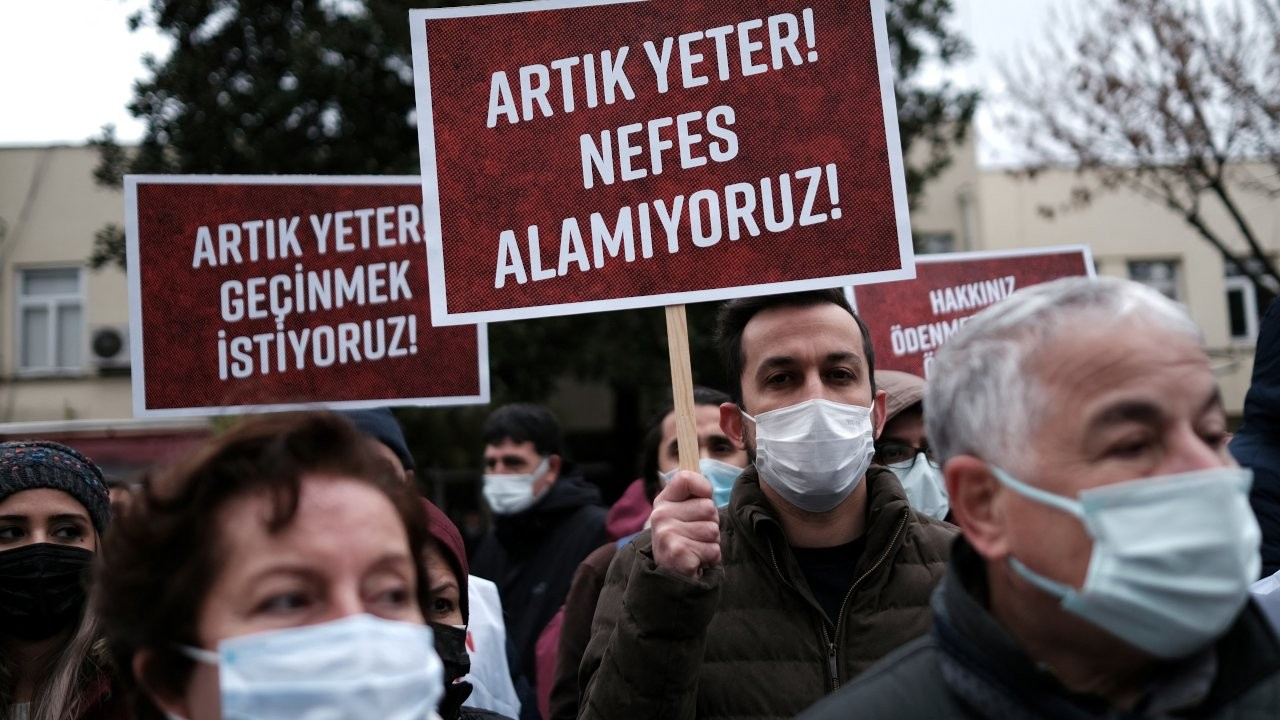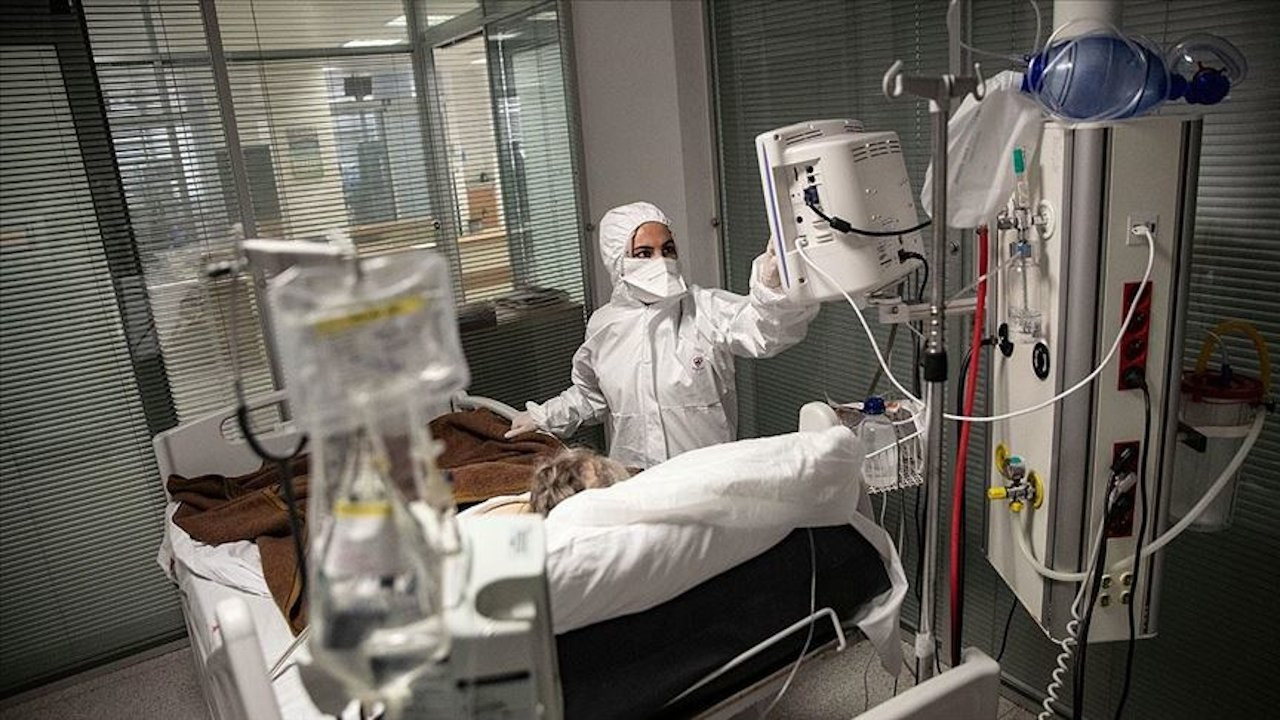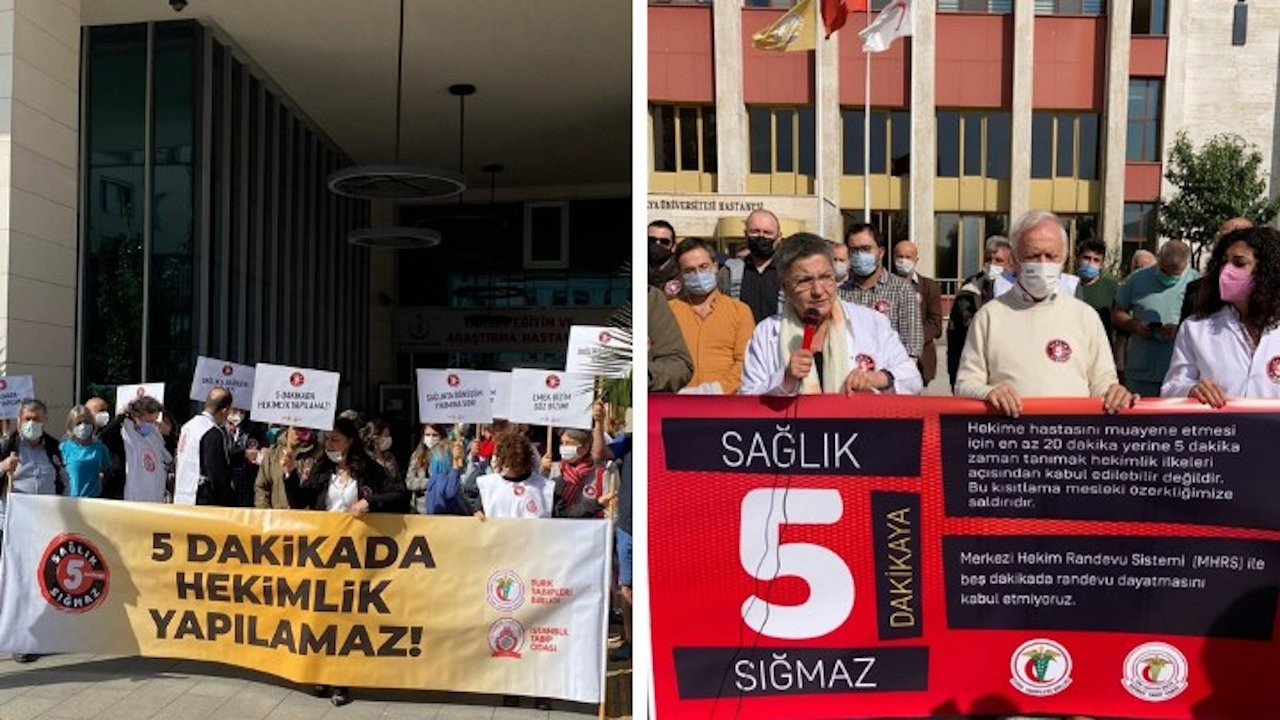Doctors in Turkey pushed abroad due to violence and harassment from patients
The Turkish Medical Association has said that despite legislation passed by the parliament to protect those working in the medical field, doctors still face extreme levels of harassment and violence, pushing them abroad.
Duvar English
Doctors in Turkey are being pushed to positions abroad by extensive violence and harassment from patients, the Turkish Medical Association (TTB) has said, according to reporting by online news outlet Diken. This year alone, the organization announced that it has received 1,200 requests for documents to be used in international work applications.
Over the course of 2020, the Health Ministry measured 11,942 “white codes” in Turkish hospitals, the unit used by the ministry to measure violence against medical professionals. Over 9,000 of those complaints were for verbal violence against medical professionals, just over 2,004 were for a combination of physical and verbal violence, and 234 were for pure physical violence.
The vast majority of the incidents - 4,226 - occurred in state hospitals. 2,541 occurred in training and research hospitals, while 2,096 occurred in family health centers.
More than half of this violence was aimed at physicians, and most often in general health units and in the emergency room. Female healthcare workers were far more often harassed than their male counterparts.
TTB Central Council Vice President Dr. Ali İhsan Ökten has said that the current government’s approach to public health has led to a system wherein intense pressure is put on doctors and medical staff. Over 8,000 doctors have resigned from public medical institutions this year alone; some have gone to private hospitals, while others have retired.
“There is not only physical violence but also verbal and psychological violence in health. This reflects negatively on young physicians in particular,” Ökten said.
Many of these young doctors do not want to stay in Turkey. Since 2017 in particular, young doctors have been learning foreign languages and looking for ways to go abroad. Consultancy services have even been established to help young people looking to leave the country.
In order to qualify for an international job application, Turkish doctors need to apply to TTB for a certificate of “good conduct.” Ökten said that these requests have skyrocketed in the past four years. In 2012, only 59 people applied for the certificate. In 2017, 482 people applied, and another 802 in 2018. This year to date, over 1,200 have applied for these certificates.
“Violence, complaints, worsening working conditions, and the usurpation of our economic and personal rights are the basis of these departures,” Ökten said. “Our research among young people, in particular, shows the obvious effect of this violence.”
Ankara City Hospital emergency medicine specialist Prof. Dr. Şervan Gökhan said that every day, doctors in Turkey face threats of violence. Though the country says it has zero tolerance for violence in health, he says, that often goes unenforced. Violence has, he says, become a normalized part of medicine, especially in riskier fields.
“Doctors think twice about difficult, risky interventions,” Gökhan said. “This results in the most successful medical students turning to less risky branches. Although violence in health has almost become a normal part of life, it is clear that doctors with enough money, good professional skills, and who are open to the world will not stay in our country unless serious measures are taken against this situation.”
Both Gökhan and Ökten believe that the government needs to intervene not only to protect doctors but to punish the perpetrators of this violence. Currently, though there are laws on the books to protect doctors, many of those who harass them go free.
However, Ökten is doubtful of the current government’s ability to ameliorate this situation. He sees the current condition of medical professionals as a symptom of a broader problem: a government that disparages the educated and elite, including doctors.
“They absolutely ignored and did not protect the rights, professional status, and dignity of physicians,” he said. “The reputation of the profession in the eyes of the public has fallen. In fact, this has been done in many fields, not just in health. The government has a negative attitude towards educated people, intellectuals, and thinkers. They see them as a potential threat.”

 Turkey's medical workers protest low wages, harsh conditionsDomestic
Turkey's medical workers protest low wages, harsh conditionsDomestic As physicians leave Turkish hospitals in droves, patients struggle to find appointmentsHealth
As physicians leave Turkish hospitals in droves, patients struggle to find appointmentsHealth Doctors protest reduction of medical examination duration in TurkeyCoronavirus
Doctors protest reduction of medical examination duration in TurkeyCoronavirus